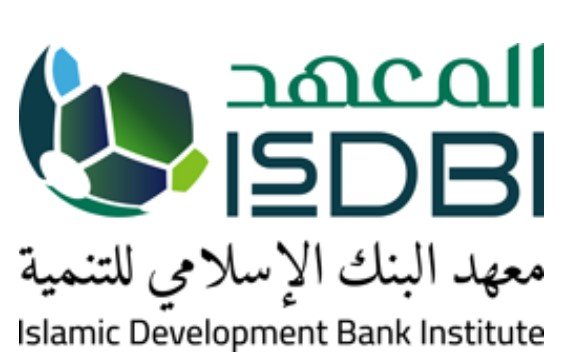A high-level capacity-building program equips regulators and bankers with advanced risk management tools.
Tunisia has partnered with the Islamic Development Bank Institute (IsDBI) to deliver an intensive training program for the nation’s key financial officials. The workshop, “Risk Management in Islamic Financial Institutions,” was held from November 10 to 14, 2025, in the capital.
The program was launched following a direct request from the Tunisian government, underscoring the country’s commitment to strengthening the stability and growth of its Sharia-compliant finance sector. The curriculum was designed to arm participants with both the theoretical knowledge and practical skills needed to identify and mitigate a complex array of financial risks.
A cohort of twenty senior officials from Tunisia’s most critical financial institutions participated in the training. The group represented a cross-section of the nation’s economic leadership, including delegates from the Central Bank of Tunisia, the Ministry of Finance, the Ministry of Economy and Planning, the Tunisian Solidarity Bank (BTS), the Bank for Financing Small and Medium Enterprises (BFPME), and the Tunisian Banking Company (BAT). Key insurance sector bodies, the General Insurance Authority and the Tunisian Company for Foreign Trade Insurance (CATAM), were also in attendance.
“This collaboration is a testament to our shared commitment to building a robust and resilient Islamic finance ecosystem in Tunisia,” said a senior official from the Ministry of Economy and Planning. “Empowering our professionals with advanced risk management expertise is crucial for sustainable development.”
The training was delivered by a team of renowned experts: Dr. Mohammed Ayyash and Dr. Abozer Mohamed from the IsDBI, alongside Dr. Abdelkrim Guendouz from the Arab Monetary Fund. Over 15 intensive sessions, they guided participants through critical topics, including the core principles of Islamic finance and specialized modules on Credit, Market, Liquidity, Operational, Rate of Return, and Equity Investment Risks. The program emphasized real-world application, featuring interactive discussions and in-depth analysis of actual business cases.
The closing ceremony highlighted the event’s significance and was attended by Faiza Frad, IsDB Alternate Governor and Director General of Arab and Islamic Cooperation, and Khalifa Sboui Chairman and General Manager of the Tunisian Solidarity Bank. The ceremony culminated in the presentation of official certificates of attendance to all participants, formally recognizing their newly enhanced expertise.

The initiative marks a significant step in Tunisia’s efforts to future-proof its Islamic finance industry, ensuring it is well-equipped to navigate global economic challenges and contribute to national economic growth.
TunisianMonitorOnline (NejiMed- IsDB Institute)




